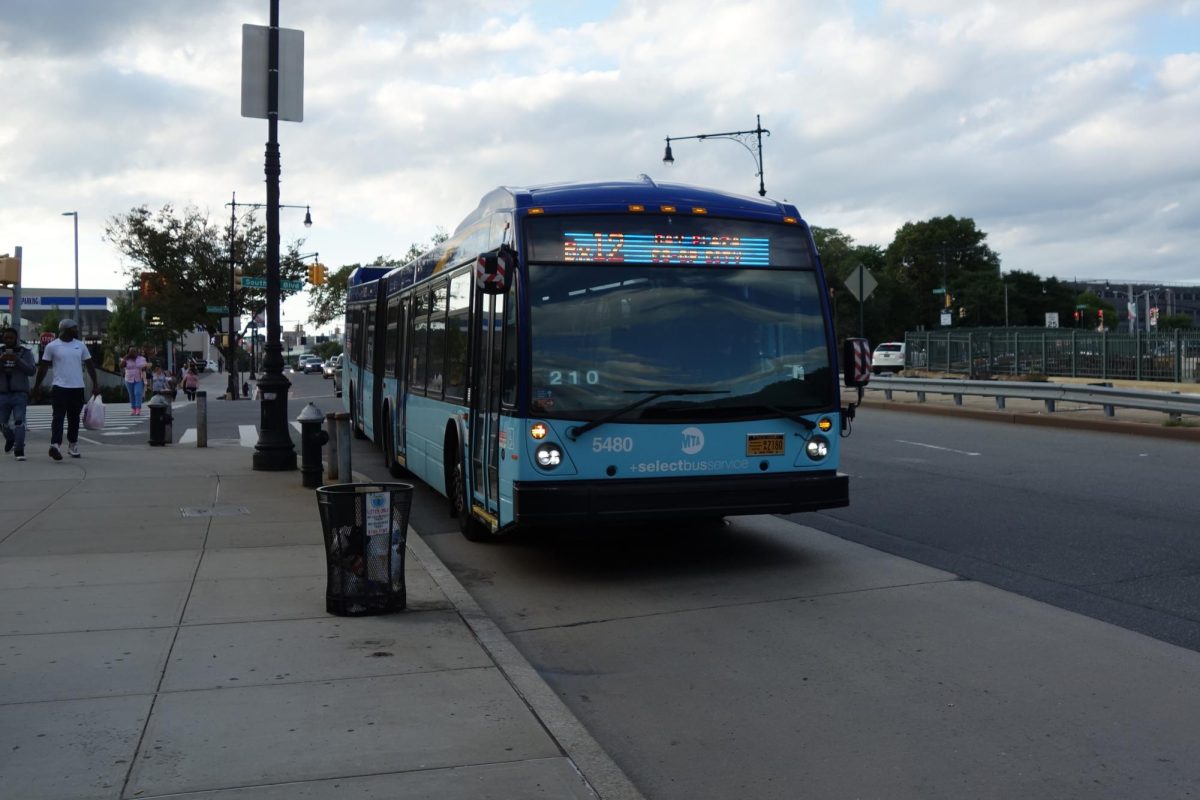The U.S. Environmental Protection Agency (EPA) awarded Fordham University a $50 million grant to focus on advancing environmental justice on Dec. 20, 2023. The university has been designated as a grantmaker with the ability to allocate funds to community-based groups in New York, New Jersey, Puerto Rico and the U.S. Virgin Islands to address environmental injustices in disadvantaged communities. The grant will also support faculty environmental research initiatives.
As a part of the EPA’s Environmental Justice Thriving Communities Grantmaking program (EJ TCGM), Fordham will collaborate with partner organizations to uplift those disproportionately impacted by climate change, pollution and other environmental challenges over a three-year period. The university stands among only 11 institutions nationwide chosen to oversee the distribution of $550 million in federal funding allocated for the program, according to the EPA.
Fordham’s Center for Community Engaged Learning (CCEL) will lead the grant initiative. Julie Gafney, executive director of CCEL and assistant vice president for strategic mission initiatives, said that the grant is a historic award and the largest one to be received in the university’s history.
The grant application — which was authored by Gafney — included a support structure to make the most of these funds and noted a reciprocal process where faculty, students and community-based organizations are working together.
Gafney also explained that the effort is a new approach by the EPA to allocate federal funds to community organizations that typically do not receive them. The grant allows credible organizations and institutions with adequate infrastructure to manage large sums of money allocated for subgrants for these organizations.
Applying for federal funds can be a long and burdensome process that involves hundreds of pages in application paperwork and a negotiation process, according to Gafney. The grant application — which was authored by Gafney — included a support structure to make the most of these funds and noted a reciprocal process where faculty, students and community-based organizations are working together.
“If you’re a community-based organization working on coastline revitalization, or a community center building out an environmental justice after-school program, and you have a small staff, you’re not going to be able to consider those kinds of opportunities because they’re so onerous to apply for,” Gafney said.
Communities will be able to submit applications to Fordham for subgrants to support diverse environmental project endeavors. These may encompass initiatives such as local clean-up efforts, emergency preparedness programs, environmental workforce development initiatives, projects focusing on air quality and asthma, programs promoting healthy homes, endeavors aimed at addressing illegal dumping and more.
Ryan Nole, Gabelli School of Business at Rose Hill ’25, and treasurer of Rose Hill’s Students For Environmental Action and Justice (SEAJ) club, said that they believe the grant has the potential to further Fordham’s commitment to environmental stewardship.
“I believe that the university is trying to become a more influential force by tackling environmental issues, both locally and on a broad scale, through its Laudato Si plan, and this grant will aid significantly in that goal,” he said.
While they believe the grant can improve Fordham’s environmentalism efforts, Nole — who has been involved with SEAJ’s divestment group — raised concerns with Fordham’s utilization of the grant funds. They expressed a lack of confidence in what they describe as the university’s decisions relating to environmentalism and sustainability, citing concerns over divestment from fossil fuels and opposition to a proposed busway on Fordham Road that would reduce travel lanes to add another busway.
“I think money like this can help Fordham communicate to its communities that it wants to be part of the energy transition. Fordham needs an environmental initiative that has a much larger identity than it has now.”Steven Stoll, professor of history and an affiliated faculty member in the environmental studies department
“Having worked with the divestment working group, I am personally disappointed with the university’s decision not to divest, and my disappointment in the university is compounded by their lack of support towards the Fordham Road Bus Terminal,” Nole said. “Which would reduce congestion on Fordham Road and aid in increasing air quality.”
Reflecting on the significance of the funds for the university, Steven Stoll, professor of history and an affiliated faculty member in the environmental studies department, pointed out that while the grant can support research and community initiatives, it may not cover large-scale infrastructure projects.
Stoll noted that he sees the funds as an opportunity for Fordham to signal its commitment to environmental stewardship and engagement with its surrounding communities.
“I think money like this can help Fordham communicate to its communities that it wants to be part of the energy transition. Fordham needs an environmental initiative that has a much larger identity than it has now,” he said. “I teach environmental history, and beside an environmental studies program, I am not aware that Fordham has a foothold in climate change, either in research or policymaking.”
Stoll emphasized that addressing environmental justice issues is complex, and a larger problem than money can “solve.” According to Stoll, the grant provides an opportunity for Fordham to contribute to the understanding of environmental justice issues through research; with the hope of underscoring the need for broader systemic changes and collaborative efforts to achieve meaningful progress in addressing environmental inequalities.
Approximately $10 million of the award will be designated for the grantmaking operation and related programming, as well as to advance Fordham’s own research in environmentalism and environmental justice. The university will allocate the remaining $40 million in subgrants ranging from $75,000 to $350,000 to help develop various environmental justice initiatives.
Sam Bracy contributed additional reporting to this story.

